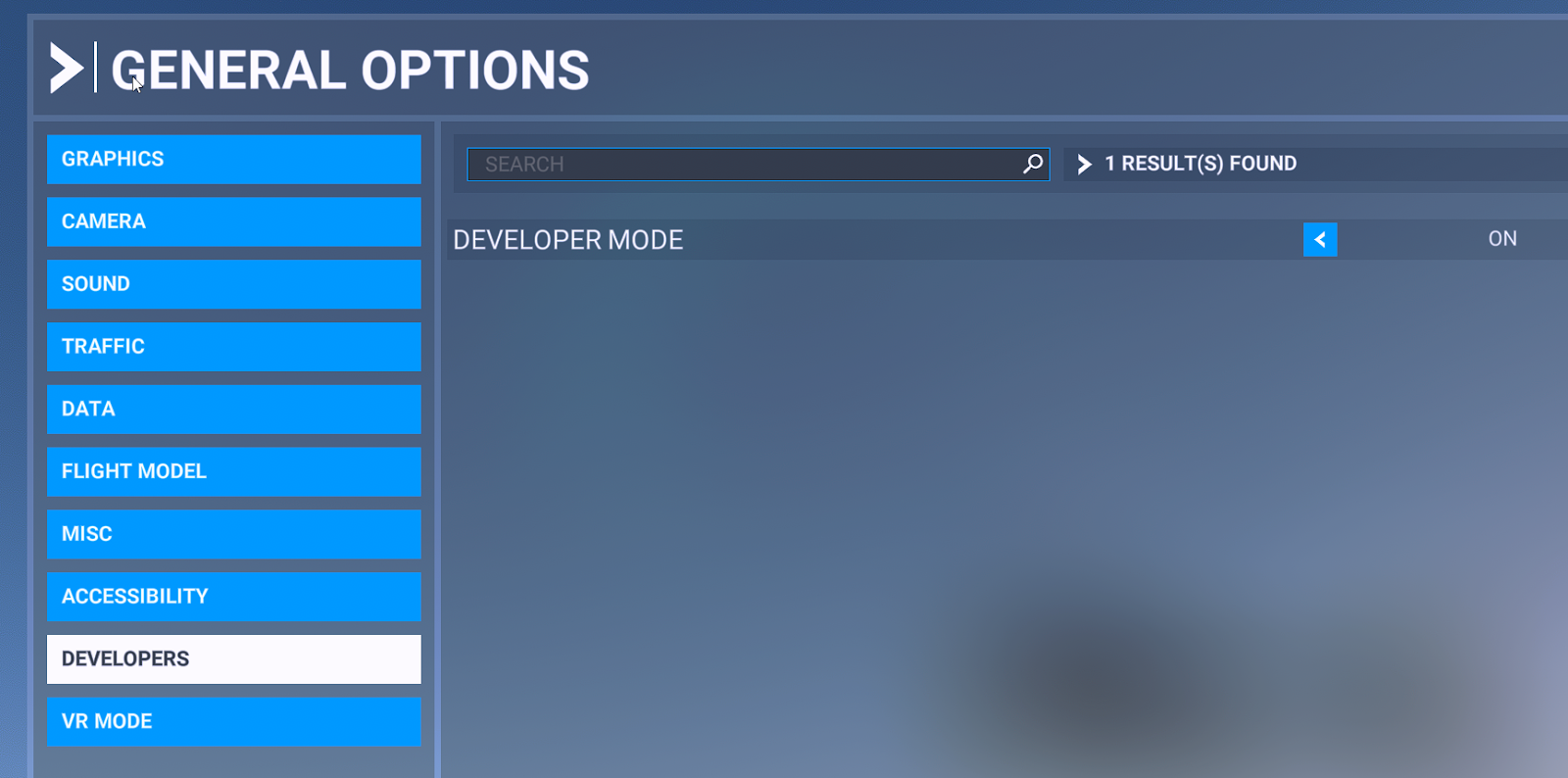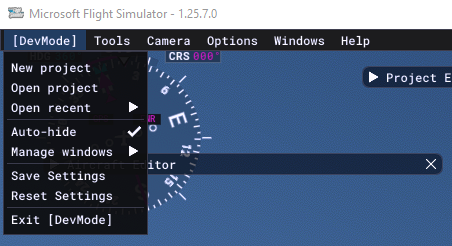Ramona airport (ICAO:KRNM) is a public airport, 40 minutes from downtown San Diego and the beach in California. The airport is mostly used for general aviation, the California Department of Foresty and United States Forest Service (USFS) jointly operate a fire attack base. Download for free at : https://flightsim.to/d/vbazillio/ramona-krnm
 |
| Pacific Exec FBO |
As all of my MSFS mod, this small scenery is made from pilot-eyes perspective. I flew there several time for pattern training and stops at Plus One Club house, and I'm an amateur scenery developer. This mod is made with 99% of MSFS default objects library. Download for free at : https://flightsim.to/d/vbazillio/ramona-krnm
 |
| CalFire entrance |
 |
| Last reading before take-off |
Features
All airport buildings have been replaced: hangars, FBO's, Air Attack Base, Classic Rotors museum, all external fence and gates, fuel island, executive hangar, airport beacon...
- All new and very specific taxiway signs... except the blue ones on Air Attack Base. Let me know if you know what's written on them! I need your help.
- Adjustement of all taxiway lines
- FBO's Chuck Hall Aviation, CruiseAir Aviation and Pacific Exec Aviation rebuild
- Replacement of 90% autogen buildings by MSFS Library. Very few are the AI autogenerated buildings by AI Shark / MSFS engine.
- Hundreds of details to create life: objects from library but also handmade signs and banner on buildings. This scenery may impact your fps.
- Replacement of Tower
- Reveal of all helipads (including the north helipad not open to pub ;)
- Reveal of Segmented Circle/Windsock south side close to CruiseAir
- Reveal of Compass Rose
- Redesign of Fire Attack Base apron with trace of fire retartand. This scenery can't wait for a Grumman S2 Tracker!
- Replacement of windsock
- Replacement of PAPI (2 lights, P2L)
Download for free at : https://flightsim.to/d/vbazillio/ramona-krnm
 |
| Ramona Avionics hangar |
 |
Chuck Hall Aviation FBO
|
 |
| CruiseAir Aviation FBO |
 |
Example of specific taxiway signs
|
 |
| Jointly operated Air Attack Base with spilled Phos-Chek (red soils of fire retardant) |
 |
| One of the public entrance with Plus One Flyers banner |
 |
Classic Rotor museum public entrance
|
History and background of the airport
In 1943 the U.S. Navy built a small, dusty airstrip at what is now the Ramona Airport. In 1956, the facility was conveyed to San Diego County and the airport has now grown to become the aviation center for community service to San Diego's inland and mountain communities. The Ramona Airport is the third busiest facility in the County’s system.
 |
| Aerial view of Air Attack Base |
The Ramona Air Attack Base is located in the CAL FIRE San Diego Unit and was established in 1957 by the then California Division of Forestry, making it the oldest Air Attack Base in the Department’s system. In 1960, the US Forest Service set up and operated from Ramona, separate from CDF, until 1966 when the agencies integrated and Ramona became a jointly operated base. Ramona responds to an average of 450 calls per year. On average, the base pumps 850,000 gallons of retardant a year. Ramona has a possible peak output of 250,000 gallons of retardant each day. The base’s direct protection area encompasses over 1.4 million acres for CAL FIRE, 300,000 for the US Forest Service, and covers all of San Diego County.
 |
| View of Ramona tower control |
Uncomplicated airspace, available services, ideal climate and proximity to North County business and recreation centers make Ramona Airport an ideal destination for work or pleasure. Serving every type of aircraft from home-built experimental to corporate jets, the Ramona Airport is home to a fully staffed air traffic control tower, three full-service Fixed Base Operators (FBOs) (Pacific Exec Aviation, Chuck Hall Aviation and CruiseAir Aviation) an avionics center, an aircraft service center, nine aviation businesses, a full-time airport manager and the world's only helicopter museum with operational helicopters (Classic Rotors).




































